Slugs – those slimy, squishy creatures we often encounter in our gardens, have an uncanny ability to find their way into our homes.
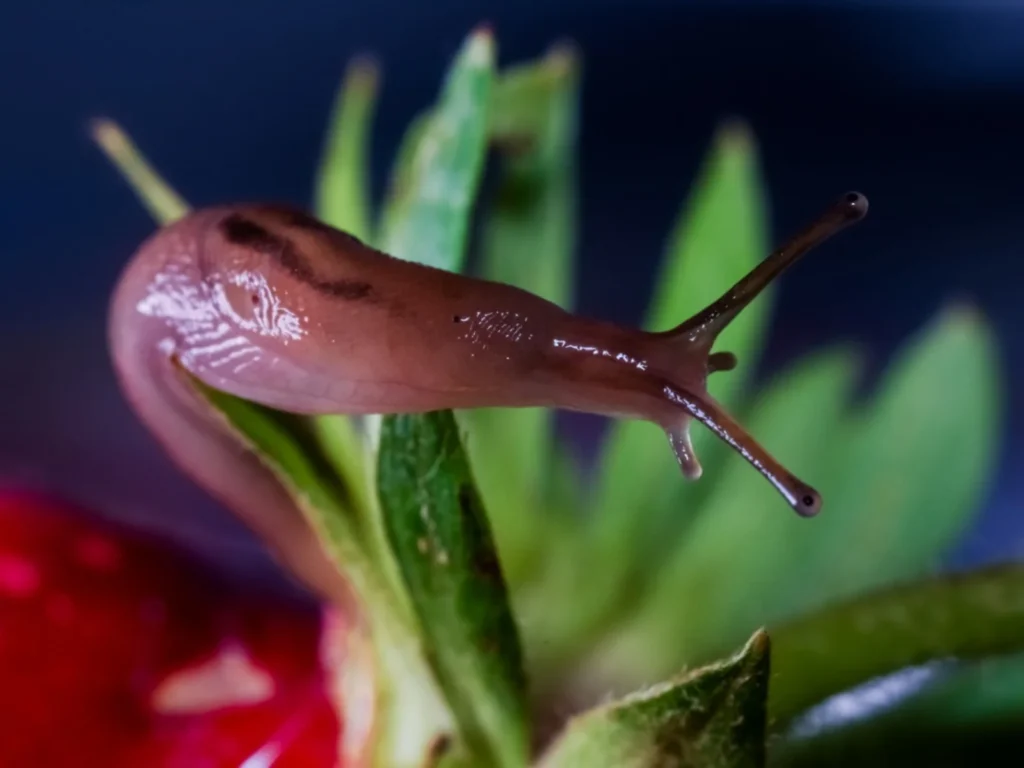
You might be wondering, “Are slugs in the house dangerous?” We will delve into the topic, exploring the potential risks and explaining how these sneaky critters manage to infiltrate our living spaces.
Understanding Slugs
Before we jump into the potential dangers, let’s familiarize ourselves with these fascinating mollusks.
Slugs are gastropods, belonging to the same family as snails. However, unlike snails, slugs lack a protective shell, leaving them vulnerable to the elements and predators.
They come in various sizes and colors, with a slimy body that helps them glide effortlessly across surfaces.
are slugs in the house dangerous?
While slugs are generally harmless to humans, there are a few risks associated with having them indoors. It’s essential to be aware of these potential dangers and take necessary precautions.
- Damage to Household Items
Slugs have a notorious appetite for organic matter, including fabrics, papers, and even food items left out in the open.
If left unchecked, they can cause significant damage to household items, leading to potential financial losses.
- Contamination
Slugs can carry bacteria, parasites, and other pathogens on their slimy bodies. If they come into contact with surfaces like countertops, utensils, or food preparation areas, there is a risk of contamination.
Consuming food contaminated by slug trails or slime can potentially lead to foodborne illnesses.
- Allergies and Asthma
For individuals with allergies or asthma, the presence of slugs in the house can trigger respiratory symptoms.
Their slime contains proteins that can cause allergic reactions or exacerbate existing respiratory conditions.
It’s particularly important to address slug infestations promptly in households with susceptible individuals.
How Do Slugs Get in Your House?
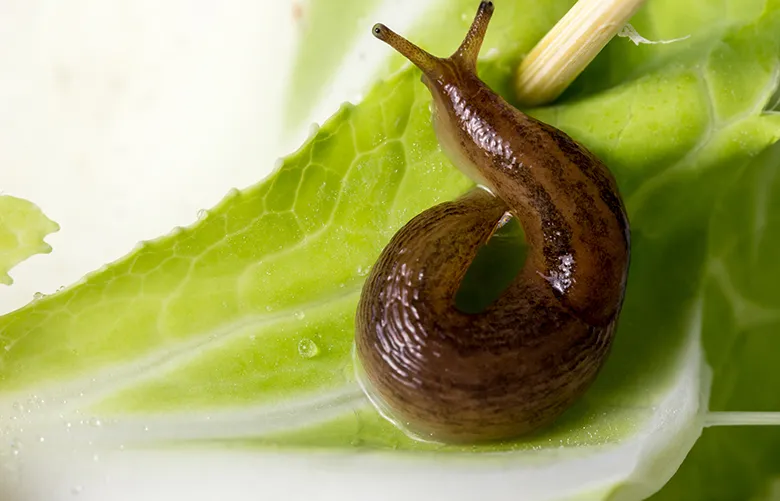
Slugs are highly adaptable creatures, capable of squeezing through small gaps and cracks in walls, windows, and doors.
They are particularly attracted to moisture-rich areas, such as basements, kitchens, and bathrooms.
Slugs are nocturnal creatures, thriving in damp and dark environments, which makes our homes an enticing destination for them.
Prevention is Key
Now that we understand the potential dangers, let’s explore ways to prevent slugs from invading our homes.
By implementing a few simple measures, you can minimize the risk of encountering these unwanted houseguests.
- Seal Entry Points
Inspect your home for any gaps, cracks, or openings that slugs could exploit. Use sealants or weatherstripping to seal these entry points, denying slugs easy access.
Pay particular attention to areas near pipes, vents, windows, and doors.
- Maintain Dry Conditions
Slugs thrive in damp environments, so reducing moisture levels in and around your home can discourage their presence.
Fix any plumbing leaks, ensure proper ventilation, and use dehumidifiers if necessary. It’s also advisable to keep your living spaces well-ventilated and avoid excess humidity.
- Clear Vegetation and Debris
Slugs are attracted to lush gardens and cluttered outdoor areas. Regularly trim vegetation, remove decaying leaves, and clear debris that could serve as hiding spots or breeding grounds for slugs.
Creating a tidy and well-maintained garden can help deter their presence.
Humane Slug Control
If slugs have already made their way indoors, it’s important to address the issue promptly and employ humane slug control methods.
Here are a few strategies to consider:
- Manual Removal
One of the simplest and most humane ways to deal with slugs in the house is to manually remove them.
Wear gloves and use a container or scoop to carefully collect the slugs. Then, release them back into their natural habitat, far away from your home.
Avoid using salt or other harmful substances, as they can cause unnecessary harm to the slugs.
- Natural Repellents
There are several natural substances that slugs find unappealing, which can be used as repellents.
For example, creating barriers with copper tape or placing crushed eggshells around vulnerable areas can deter slugs from crossing those boundaries.
Additionally, spreading diatomaceous earth or coffee grounds in areas where slugs are commonly found can help repel them.
- Beer Traps
Slugs are known to be attracted to beer. You can set up beer traps by placing shallow containers filled with beer near areas where slugs are present.
The slugs will be lured into the beer and drown. This method provides an effective and environmentally friendly way to control their population.
Seeking Professional Help
In cases where slug infestations are persistent or severe, it may be necessary to seek professional assistance.
Pest control experts have the knowledge and tools to handle slug infestations safely and effectively.
They can assess the extent of the problem, identify entry points, and provide targeted solutions to eliminate the slugs from your home.
The Short answer: Are slugs dangerous
Yes, slugs in the house can be potentially dangerous due to the risks they pose, such as damage to household items, contamination, and the potential to trigger allergies or asthma in susceptible individuals.

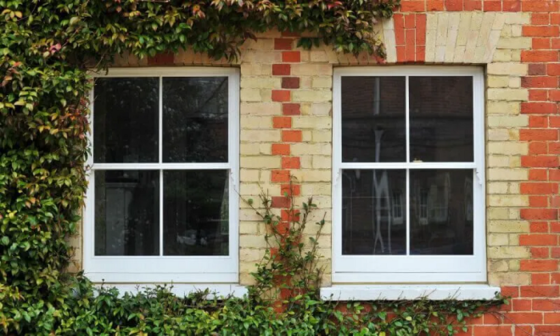
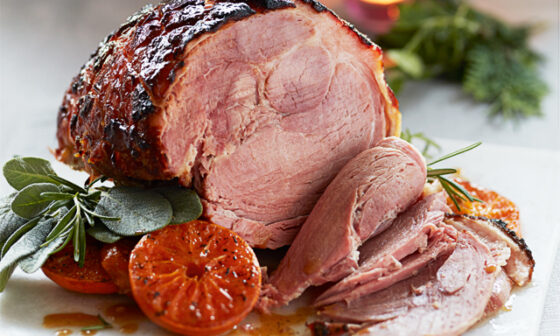
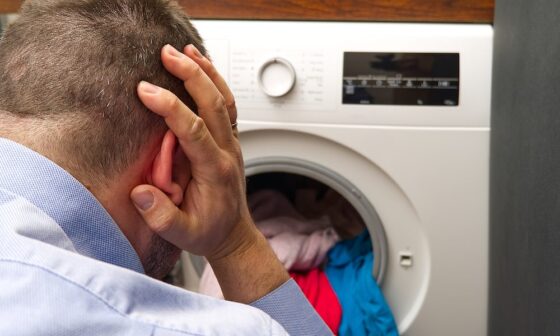
Comments are closed.